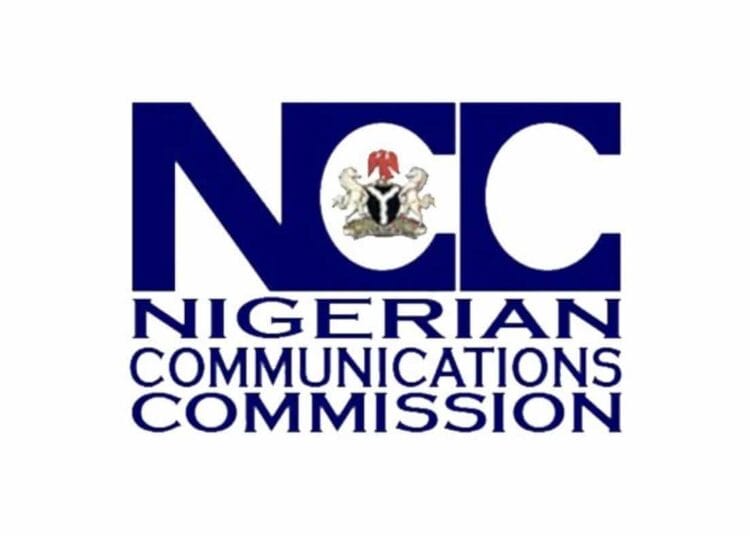In order to curtail mobile phone theft, NCC introduces NCC-DMS

… initiative is expected to drastically reduce the incentive for phone theft, as stolen devices will become essentially useless.
In a significant move to combat the rising cases of mobile phone theft across Nigeria, the Nigerian Communications Commission (NCC) has unveiled the Device Management System (NCC-DMS), a comprehensive Central Equipment Identity Register (CEIR) aimed at curbing the menace.
The device, which is part of the NCC’s broader efforts to enhance digital security and protect consumers, will help track and disable stolen mobile phones, making them unusable to criminals.
The Commission in a new ‘Type Approval Business Rule 2024’ said the new technology will be integrated with mobile networks across the country, allowing operators to quickly block stolen devices from accessing any telecommunications service.
This initiative is expected to drastically reduce the incentive for phone theft, as stolen devices will become essentially useless within Nigeria, the Commission averred even as it mandated all Mobile Network Operators (MNOs) in the country to connect to the system.
“The initiative is designed to ensure stricter control over mobile devices, enhance security, and promote compliance with established regulatory standards. The NCC-DMS will act as a central database for tracking devices across all MNOs in Nigeria. By registering and monitoring device access, NCC-DMS seeks to curb the use of unapproved devices and prevent issues such as phone theft and fraudulent activities involving mobile devices,” it explained.
All mobile network providers must connect to the NCC-DMS and replicate network-related policies set out by the NCC, according to the Commission. This, it claimed, guarantees that network providers follow the same guidelines and regulations, promoting a standardised strategy for regulating devices.
“NCC-DMS shall acquire the International Mobile Equipment Identity (IMEI) of all devices latching to the communication network and synchronise with International databases of IMEI repositories. NCC-DMS shall maintain a registry of all communication devices available in the Federal Republic of Nigeria,” the Commission added.
It further stated that although individuals would be able to register their mobile devices, the Commission will set a restriction on the number of devices that can be registered. Furthermore, device suppliers will be responsible for registering type-approved devices on the NCC-DMS.
To guarantee that mobile devices accessing their networks adhere to NCC requirements, all MNOs must additionally synchronise their Equipment Identity Registers (EIRs) with the NCC-DMS. Different from type approval fees, there will be payment fees associated with device registration on the NCC-DMS. It is an essential step for both suppliers and individuals, as this cost structure will be applied to each registered device.
